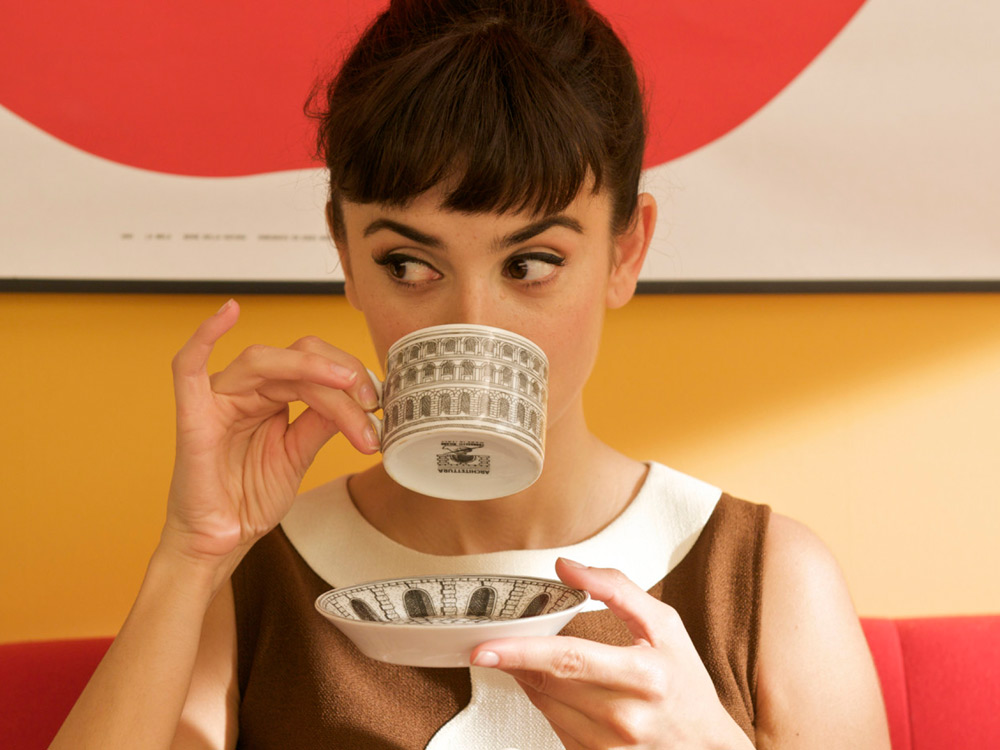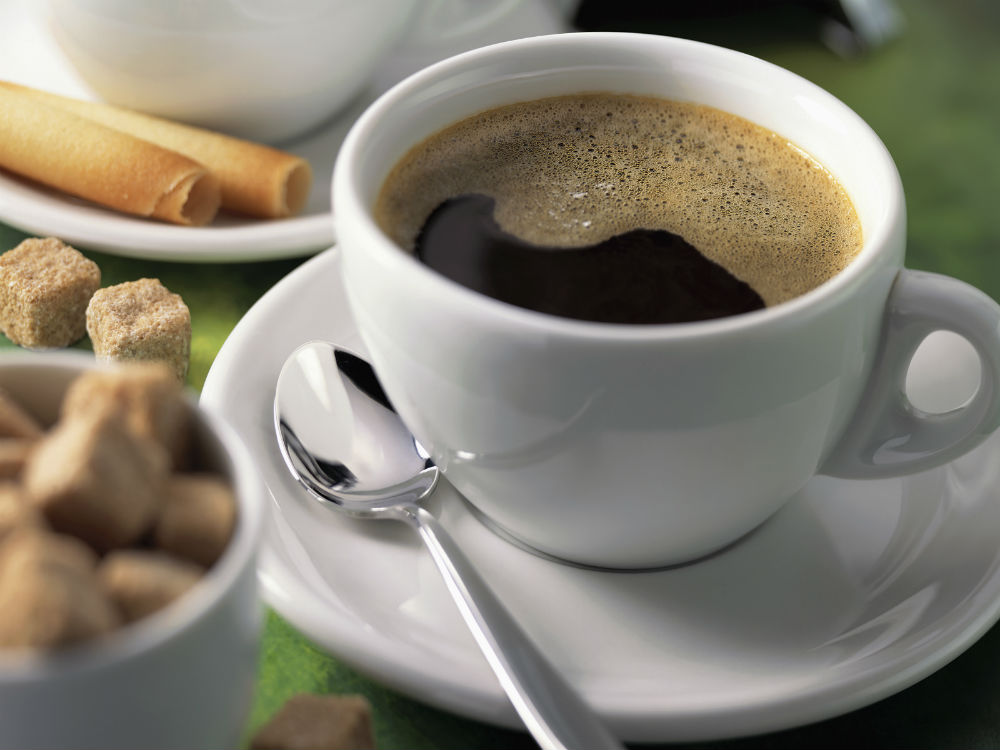Is It Time To Re-Think Your Caffeine Intake?
So you’ve reigned in your alcohol units and cut your sugar. But how are your daily lattes and diet cokes stacking up?

Celebrity news, beauty, fashion advice, and fascinating features, delivered straight to your inbox!
You are now subscribed
Your newsletter sign-up was successful
So you’ve reigned in your alcohol units and cut your sugar. But how are your daily lattes and diet cokes stacking up?
In a recent study, more than a third of women surveyed admitted that they have to start the day with a coffee, with one in 10 saying they ‘couldn’t live without’ the stuff. One in five Brits now visits a coffee shop every day. And New Scientist recently named caffeine as the planet’s most popular ‘psychoactive drug,’ – defined as a chemical substance that crosses the blood–brain barrier and acts upon the central nervous system where it affects brain function, resulting in alterations in perception, mood, consciousness, cognition, and behaviour. The recommended dose of caffeine is 400mg per day, which equates to four cups of coffee – unless you buy your coffee from a coffee shop. A large Americano in one leading coffee chain, for example, has four shots of espresso and 300mg of caffeine. That’s compared to the 100-150 mg in a cup of homemade filtered coffee, 100mg for percolated coffee, 80mg for an espresso, 65mg for instant, and 75mg in a cup of tea.
And it’s not just tea and coffee that contain caffeine, it comes with everything from fizzy drinks to chewing gum to chocolate. ‘Caffeine is very acid-forming in the body, which can cause long-term digestive system problems like Irritable Bowel Syndrome,' says Nutritionist Kate Cook, author of ‘Get Healthy for Good’. 'Its interference with stress hormones can influence your thyroid which can cause myriad problems from fertility issues to weight gain.’
That’s not to mention its effect on your fertility. Dutch researchers also recently found that of a group of women who couldn’t conceive naturally, those who drank four or more cups of coffee, tea or caffeinated drinks a day were 26 per cent less likely to get pregnant. Leading fertility expert Professor William Ledger goes further: ‘The evidence suggests that it is OK for women who are trying for a baby to have two normal strength coffees per day,’ he says. ‘But more than this amount seems to reduce fertility in both men and women so if there is already a borderline problem, then over two cups can be harmful.'

But it’s not all bad news. There are undoubtedly some positives too. Moderate coffee drinkers have reduced rates of breast cancer, Alzheimer’s and diabetes – and better teeth. Black sugarless coffee actually breaks down bacterial biofilms, which cause dental plaques, a major cause of tooth decay. Countless athletes such as Mo Farrah also credit the occasional strong coffee before a race with enhancing performance while caffeine has been proven to make people perform for 30 per cent longer in the gym, improve alertness and the ability to sustain motor skills.
‘Caffeine certainly improves attention, alertness and brain function,' adds Professor David Kennedy. 'So if you’ve got a difficult piece of work to get through in the office, which requires a short burst of intense concentration, a cup of coffee is perfect.’
The verdict? Just don’t overdo it. Experts agree that the optimal daily amount is one shop bought latte/americano containing 2 shots, or 3 cups of tea per day. So how do your favourite drinks compare? GRANDE STARBUCKS SKINNY LATTE: 150mg LARGE STARBUCKS AMERICANO: 300mg CUP OF PERCULATOR COFFEE: 100mg CUP OF BUILDERS TEA: 75mg CUP OF GREEN TEA: 45mg 1 DIET COKE: 47mg 1 RED BULL: 80mg
Celebrity news, beauty, fashion advice, and fascinating features, delivered straight to your inbox!
The leading destination for fashion, beauty, shopping and finger-on-the-pulse views on the latest issues. Marie Claire's travel content helps you delight in discovering new destinations around the globe, offering a unique – and sometimes unchartered – travel experience. From new hotel openings to the destinations tipped to take over our travel calendars, this iconic name has it covered.